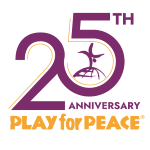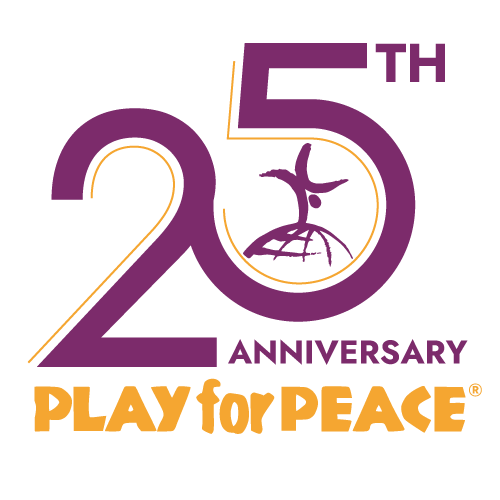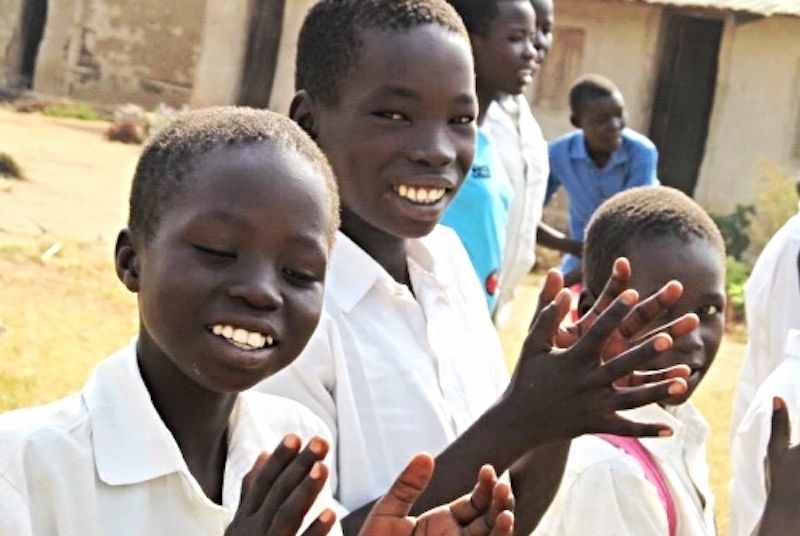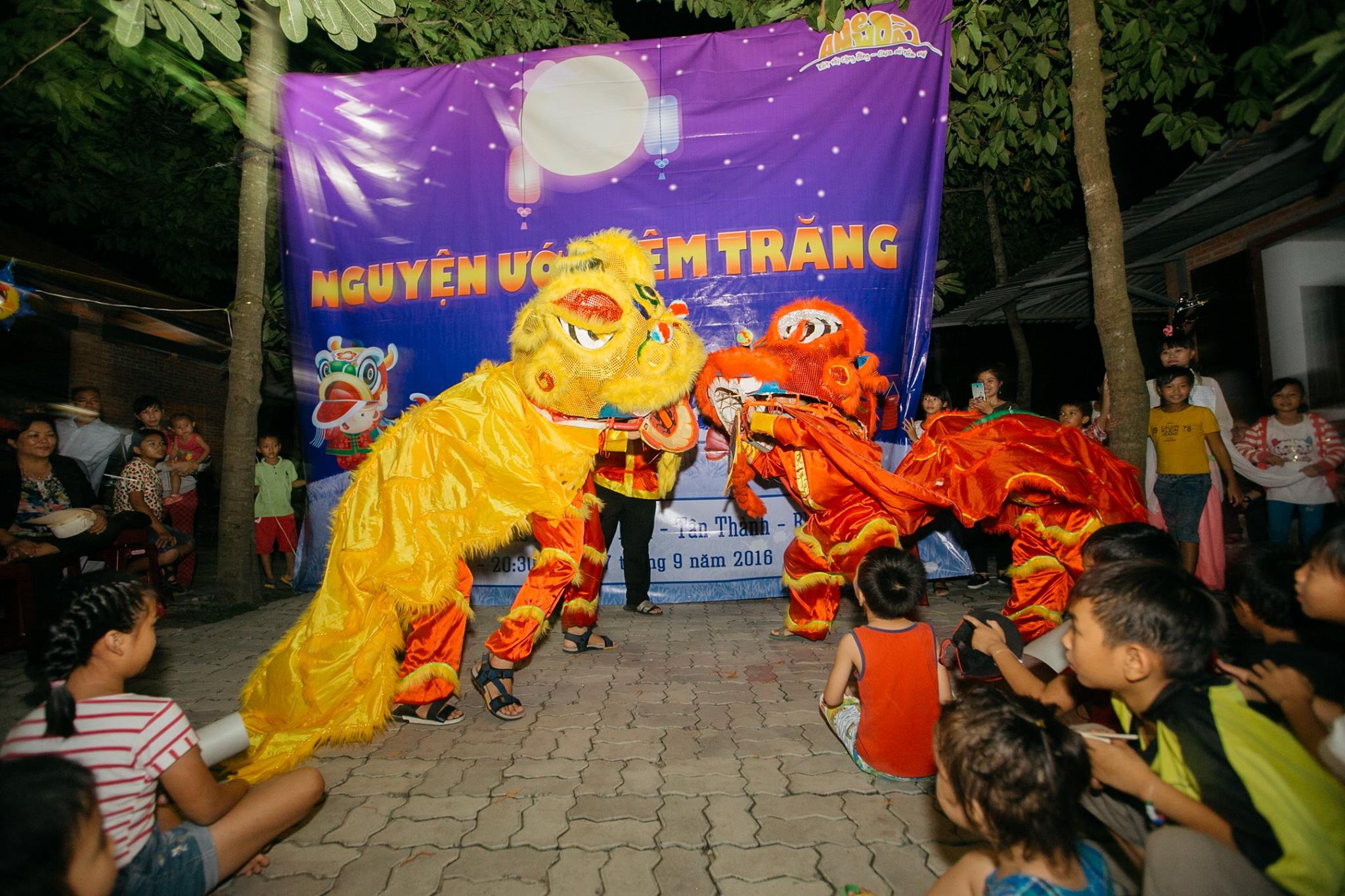Introduction
In a world rapidly evolving with technology and information, it is essential to nurture the potential of youth as designers of educational and communication activities. Experiential Education offers a powerful approach that allows young people to learn and communicate in a safe, engaging, and joyful space. This blog delves into the transformative process of Play for Peace, a dynamic experiential education model, and its impact on youth, educators, social workers, and individuals running social enterprises in Vietnam as led by Play for Peace Trainers Swati and Agyat from India.
Experiencing Play for Peace and the Joy of Connecting in a Safe Space
Play for Peace, an innovative experiential education model, fosters an environment of inclusivity, collaboration, and empathy. During a full-day workshop organized by Phung Kim Phung, a passionate Play for Peace advocate, 30+ participants, including educators, social workers, NPOs, and social enterprise leaders, experienced the power of Play for Peace in Ho Chi Minh City. The workshop allowed participants to connect profoundly, emphasizing the importance of creating youth-friendly spaces that promote reflection and understanding.
Building Trust to Communicate Effectively
A crucial aspect of effective communication and education is building trust among participants. Play for Peace employs a range of activities that help participants develop trust in each other and in the process itself. The success of the workshop can be attributed to the dedication of facilitators like Kim Phung, who has been sharing Play for Peace for a decade and wishes to become certified to further support the cause.
The Experiential Education Cycle - Before and After Activities
The experiential education cycle, a core concept of Play for Peace, involves pre- and post-activity reflections. These reflections deepen the participants' learning and understanding of the activities. The blog highlights the significance of the experiential education cycle and how it contributes to the success of the Play for Peace process.
Experiencing 'Education and Communication' Activities
The workshop participants engaged in various 'Education and Communication' activities, which aimed to reinforce their understanding of the importance of communication in learning and teaching. These activities showcased the power of experiential education in facilitating effective communication.
Understanding the Why and How of Designing Activities
Designing educational and communication activities requires a community-building process. Participants explored the rationale behind activity design and learned how to modify activities to suit the educational and health communication needs of different target audiences.
Identifying Health Education Messages and Target Audience for Communication
The Play for Peace process in these workshop also focused on health education and communication activities. Workshop participants identified relevant health education messages, pointers, and target audiences for effective communication. This segment highlights the importance of incorporating health education into experiential education models.
Designing, Modifying Activities, and Role-playing as Facilitators
To empower youth as designers of educational and communication activities, it is essential to equip them with the skills to design and modify activities. The workshop provided participants with valuable insights and hands-on experience in this regard. Role-playing as facilitators allowed them to put their newfound skills to the test.
Action Plan and Closing
As the workshop concludes, participants are encouraged to develop an action plan to implement the knowledge gained during the session. This segment discusses the significance of creating actionable steps to ensure the sustainability and effectiveness of Play for Peace initiatives.
Play for Peace Beyond the Workshop
The impact of Play for Peace extends beyond the workshop, as evident from the positive feedback received from participants. Tham Tran, a peace education enthusiast who attended the workshop and later facilitated a Play for Peace session for 35 facilitators in a parenting program in Hanoi, emphasizes the transformative power of experiential education. Tham's commitment to forming a network of Play for Peace facilitators in Vietnam showcases the lasting influence of the program.
Success Stories and Potential Partnerships
These workshops led by Swati and Agyat showcase success stories of participants like Thuy Anh, who organized a workshop for kindergarten teachers after being introduced to Play for Peace through a social enterprise. It also highlights the potential for future partnerships, including support from individuals like Joanna Woo Allen from the USA, who has a long-standing association with experiential education and Play for Peace.
Conclusion
There is an immense potential of youth as designers of educational and communication activities through experiential education. The impact of Play for Peace in Vietnam serves as a testament to the transformative power of this approach. By fostering empathy, communication, and trust, Play for Peace empowers young people to create positive change in their communities and beyond. As the journey continues, the future shines bright for integrating experiential education and health communication to promote holistic learning and growth.
Amazing work once again by our trainers from India, Agyat and Swati!


.png)


